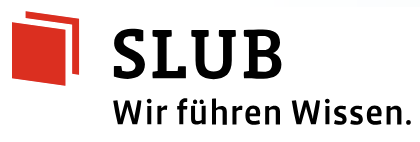Effects of production-oriented intervention phases in music lessons on musical self-concept, musical sophistication, and interest in ‘music’ as a school sub-ject
An empirical long-term study of German students at secondary education schools in Baden-Württemberg
DOI:
https://doi.org/10.62563/bem.v2018149Keywords:
Production oriented music teaching interventions, musical self-concept, musical sophistication, interest in the school subject, longitudinal studyAbstract
Trajectories of musical development can be very different across adolescence and the causes leading to these differences are often the focus of research in music education. The aim of this repeated-measurement study with three different time-points in the school year 2014/2015 is to analyse how production-oriented music teaching interventions contribute to the development of the psychometric constructs musical self-concept, musical sophistication, and interest in ‘music’ as a school subject. Data of 334 students are presented. The data comprised the self-assessed psychometric constructs musical self-concept (MUSCI) and musical sophistication (Gold-MSI) as well as demographic and music-specific background variables. The data were analysed using multilevel linear models and panel data analyses. The results show that there is no (direct) effect of production-oriented music teaching interventions (about 10 double-lessons) on the assessed psychometric constructs, but there is an indirect effect on the Gold-MSI subscale emotions. Hence, this study makes an important contribution to the understanding of the reasons of musical development during adolescence, and of the effects of production-oriented teaching units in the school subject in general.
Downloads
Published
How to Cite
Issue
Section
License
Bulletin of Empirical Music Education Research (b:em) is published as an open access online journal. All articles are freely accessible online free of charge, there are no publication fees (Diamond Open Access). The standard licensing of the articles is CC BY-NC 4.0 (Creative Commons Attribution-Non Commercial 4.0 International (CC BY-NC 4.0))


